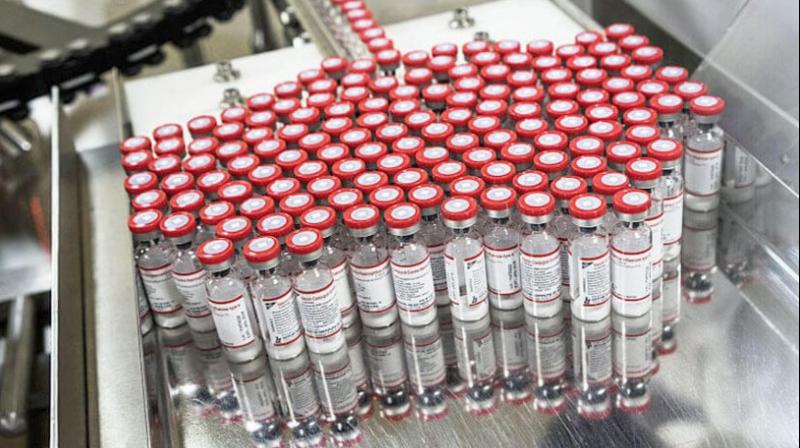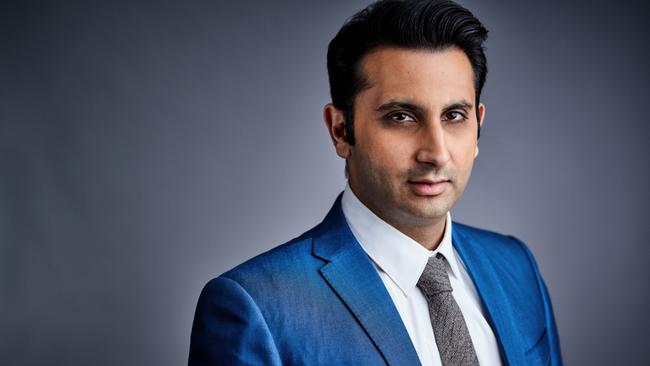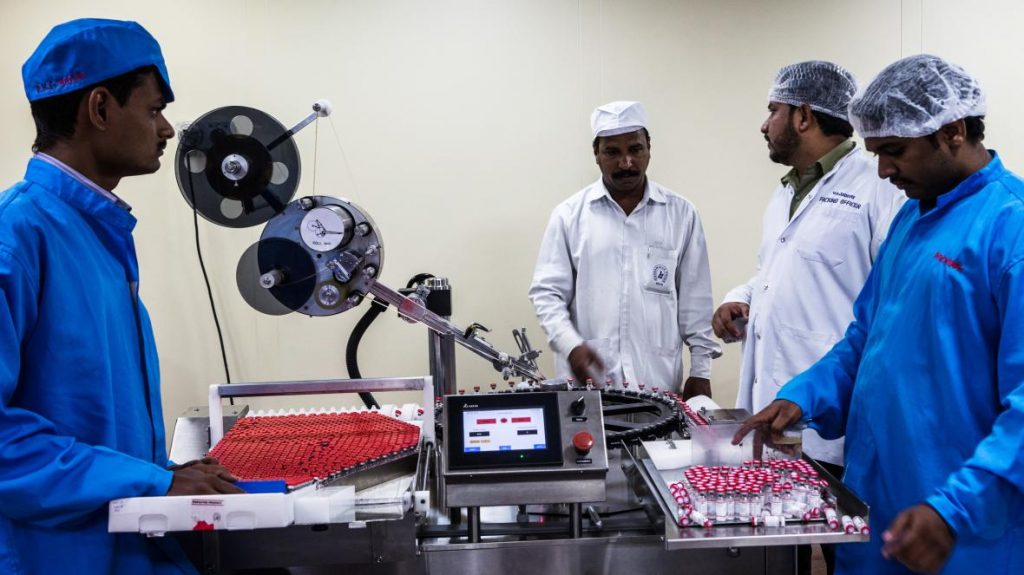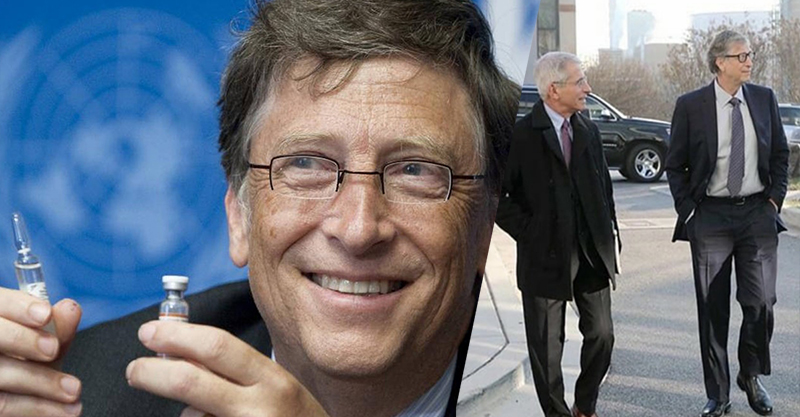PROPOSED COVID-19 VACCINE TO COST $13 AS SERUM INSTITUTE OF INDIA BEGINS MASS PRODUCTION

T he Serum Institute of India, the world’s largest vaccine maker is mass-producing a COVID-19 vaccine developed by the University of Oxford despite the vaccine still undergoing trial.


The Serum Institute of India, which produces 1.5 billion vaccine doses a year for an array of diseases, says it will start production before the targeted completion date of the Oxford trial.
Already, the company says “We are planning to make the vaccine available at an affordable price of around 1,000 rupees ($13) in India,” he added. Drug prices vary widely around the world, and the same treatment often costs many times more in other countries.
Serum Institute owned by the Indian billionaire Cyrus Poonawalla, says it is going ahead to mass produce the proposed coronavirus vaccine despite still undergoing trial in UK plans aiming to produce up to 400 million doses next year if all goes well (The Times Image)
Some 3.05 million people have been reported to be infected globally and 211,376 have died from Covid-19, the respiratory disease caused by the coronavirus, according to a Reuters tally.
While the Oxford vaccine, called “ChAdOx1 nCoV-19“, is yet to be proven to work against Covid-19, Serum decided to start manufacturing it as it had shown success in animal trials and had progressed to tests on humans, Serum Chief Executive Adar Poonawalla said

“They are a bunch of very qualified, great scientists (at Oxford)…That’s why we said we will go with this and that’s why we are confident,” Poonawalla told Reuters in a phone interview.
“Being a private limited company, not accountable to public investors or bankers, I can take a little risk and sideline some of the other commercial products and projects that I had planned in my existing facility,” Poonawalla said.
The Oxford Vaccine Group says it hopes to complete human trials on the hAdOx1 nCoV-19 vaccine in September.
The first two humans were injected with the vaccine on Thursday in Oxford, England. About 1,100 people in the UK are expected to be injected as part of the trial, which is funded by the UK government
“We may get enough data in a couple of months to see if the vaccine works, but if transmission levels drop, this could take up to six months,” the group said on Thursday.
The group hopes to produce 1 million doses of the vaccine itself by September.
But Adar Poonawalla, the CEO of the Serum Institute of India, told The Times of India on Monday that he would not wait that long.
He said the institute would produce 5 million units of the vaccine a month, for six months, to get ahead of demand.
“We are not waiting for the trials to get over in September in UK, and then start production here,” he said. “The decision — at our own risk and cost — has been solely taken to get a jump-start on manufacturing, to have enough doses available, if the clinical trials prove successful.

“We aim to manufacture 4 to 5 million doses per month for the first six months, following which, we might scale up to 10 million doses per month, based on the success of trials. We are looking to build it up to 20-40 million doses by September-October.”
“We are planning to make the vaccine available at an affordable price of around 1,000 rupees ($13) in India,” he added. Drug prices vary widely around the world, and the same treatment often costs many times more in other countries.
Sarah Gilbert, a professor who is leading Oxford’s attempt to develop a vaccine, said on April 11 that September was a realistic date to expect a vaccine that could work.
I think there’s a high chance that it will work based on other things that we have done with this type of vaccine,” she said.
Poonawalla previously told Business Insider India that his company would not patent the vaccine.
“We don’t want to make money from and commercialize something beyond a sustainable level in such a public-health epidemic,” he said.
About 80 vaccines are in development around the world, according to the BBC.
The Oxford scientists started developing a vaccine on January 10 and said on March 18 they had found a promising candidate.
Gilbert and her team previously developed a vaccine for Middle East Respiratory Syndrome.






Responses